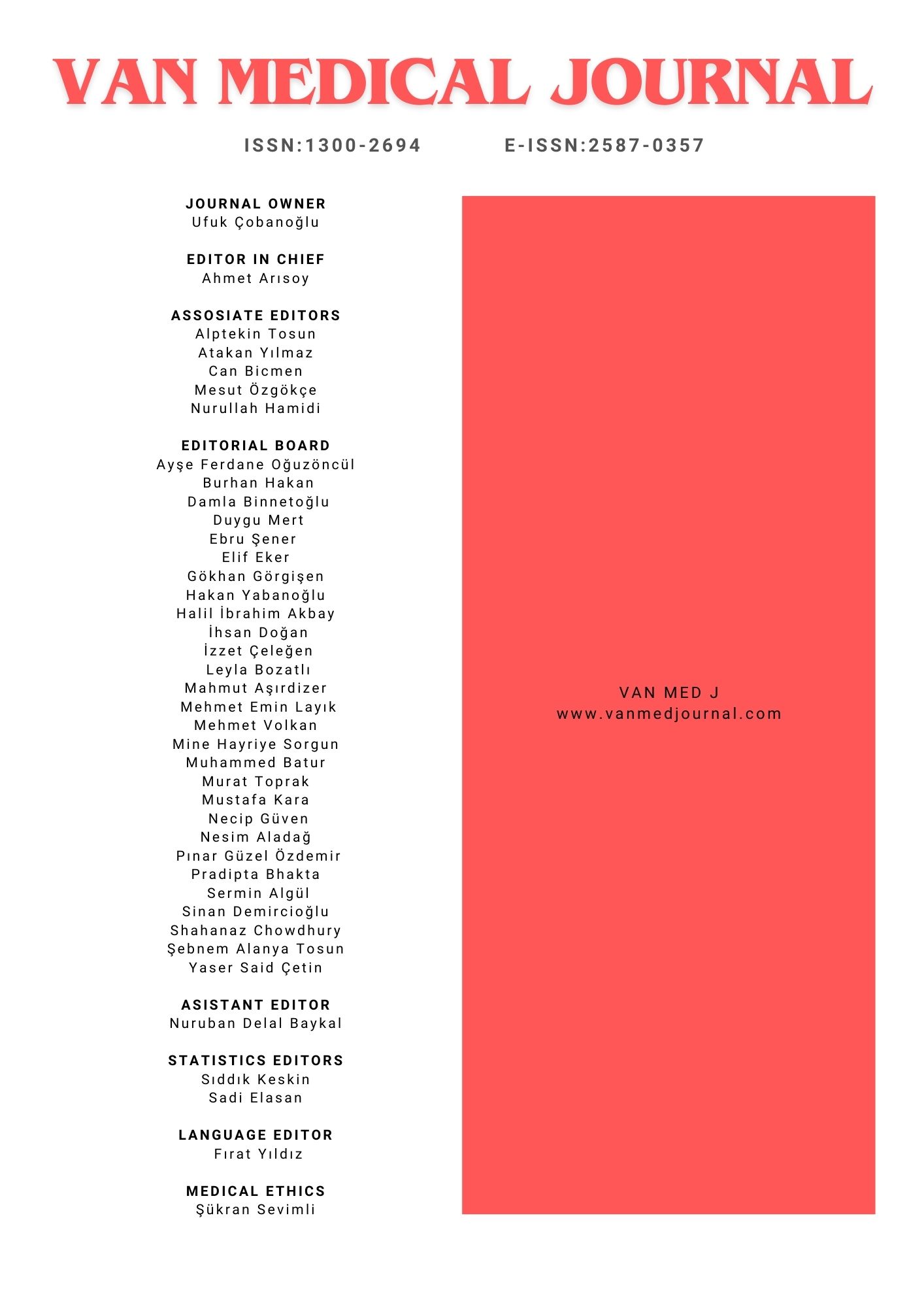Results of Abdominal Sacrocolpopexy and Le Fort Colpocleisis: Our Experiences at Urology Clinic
Kürşat Küçüker1, Salih Bütün2, Alper Şimşek3, Yunus Yaz1, Mesut Berkan Duran1, Sinan Çelen1, Yusuf Özlülerden11Pamukkale University Hospital, Department of Urology, Denizli, Türkiye2Sivas Numune Hospital, Department of Urology, Sivas, Türkiye
3Siverek State Hospital, Department of Urology, Sanliurfa, Türkiye
INTRODUCTION: Pelvic organ prolapse (POP) can be the source of discomfort for women, leading to issues such as urinary incontinence, discomfort from herniated organs, and sexual dysfunction. In this study, our aim is to share our experiences with abdominal sacrocolpopexy and colpocleisis.
METHODS: In the study, 28 patients who underwent POP surgery between January 1, 2011 and November 1, 2022 were included. All patients had POP-Q stage 3 and above. Age, comorbidities, previous gynecological operations, history of prolapse and urinary incontinence surgery, and quality of life were recorded. In the postoperative period, the patients were followed up in terms of complications, incontinence and recurrence.
RESULTS: A total of 28 patients underwent surgical treatment for POP, with 22 undergoing abdominal sacrocolpopexy and 6 undergoing Le Fort colpocleisis.Since 17 of the patients undergoing sacrocolpopexy had stress urinary incontinence, additional Burch colposuspension was applied. Two patients who underwent sacrocolpopexy developed de novo urge incontinence. These patients benefited from medical treatment. No cases of incontinence developed in the colpocleisis group. There were no recurrences observed in any of the cases.
DISCUSSION AND CONCLUSION: Abdominal sacrocolpopexy and colpocleisis are methods with high success and satisfaction rates. Colpocleisis surgery stands out with shorter hospital stay. These patients should be well informed in terms of sexual life, and if there is concomitant stress urinary incontinence, it is recommended to perform the necessary surgery before colpocleisis. For sacrocolpopexy, the patient should be well informed about mesh and related complications beforehand.
Keywords: Pelvic organ prolapse, Uterine prolapse, Cystocele, Urinary incontinence
Manuscript Language: English

